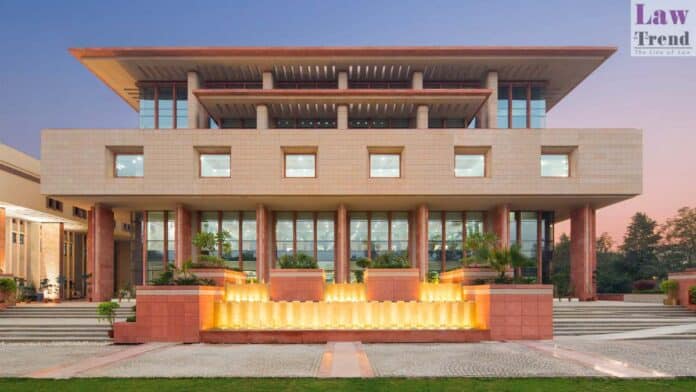The Delhi High Court, in a recent judgment, held that prolonged incarceration alone does not justify granting bail in cases involving terrorism, underscoring the grave implications such offenses have on national security and unity. Justices Navin Chawla and Shalinder Kaur dismissed the bail plea of separatist leader Nayeem Ahmad Khan, connected to a terror-financing case tied to Lashkar-e-Taiba (LeT) and Hafiz Saeed, the accused mastermind behind the 26/11 Mumbai attacks.
Khan, arrested on July 24, 2017, and still in judicial custody, had appealed against a trial court’s decision, citing the protracted duration of his trial and claiming his right to liberty. However, the High Court noted, “While the right of an undertrial to a speedy trial is paramount, the severity of charges involving terrorism, intent to destabilize the nation’s unity, and instilling terror in the public outweigh the argument of prolonged detention.”
The case, filed under the stringent Unlawful Activities (Prevention) Act (UAPA) in 2017, alleges that secessionists like Khan conspired to incite violence and create a charged atmosphere in Jammu and Kashmir to further their separatist agenda. The court observed that the evidence suggests Khan’s significant role within the Hurriyat Conference and his active participation in anti-India rallies and demonstrations.
Further detailing the court’s findings, the decision highlighted the connections between the Hurriyat leadership, Pakistani establishments, and funding channels used for organizing secessionist movements. “Prima facie evidence indicates that Khan was not merely an attendee but a key conspirator in planning and executing activities aimed at the secession of Jammu and Kashmir from India through terrorist acts,” the court’s order stated.




